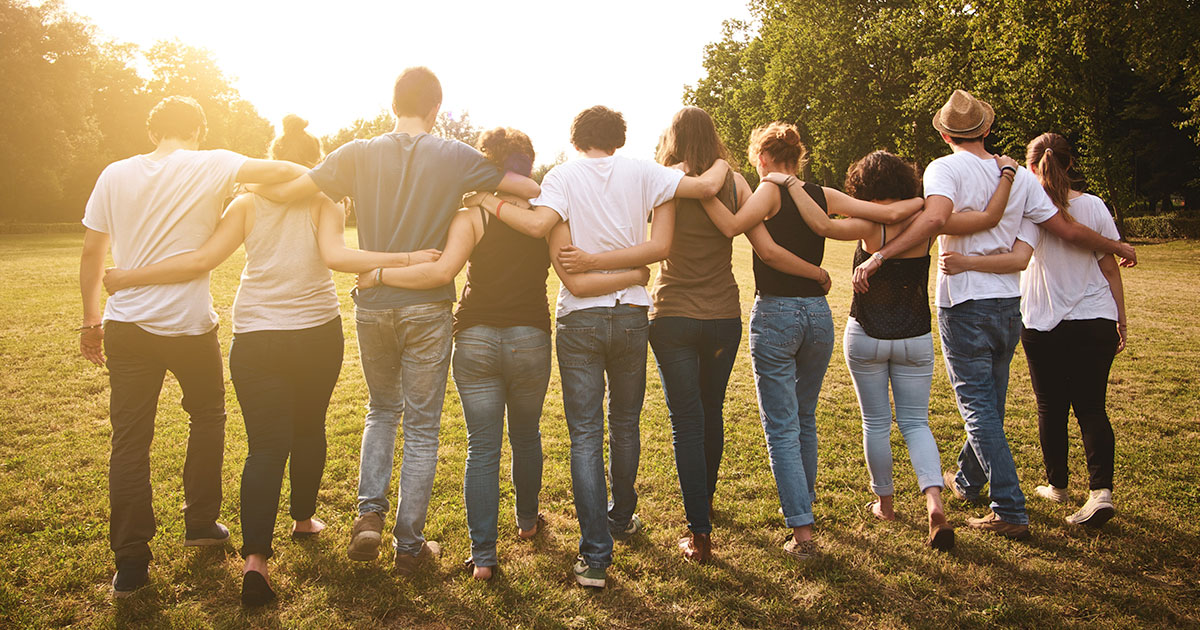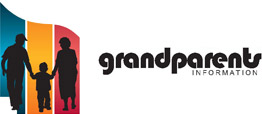Disaster relief and community recovery
Dealing with disasters is stressful, and it’s important to take care of your mental health and wellbeing.
In the wake of a crisis or environmental disaster in Queensland, Lifeline is there to help people deal with trauma and cope with grief and loss.
At the request of authorities and community leaders, the Lifeline Community Recovery team will visit a community to provide mental health support and psychological first aid in the weeks and months after bushfires, floods, drought, cyclones, pandemics and tragedy. We support people as they work through shock and begin to come to grips with their experiences.
This process takes time. We often continue to support communities in the years following a crisis, in partnership with other services. Our Community Recover team can assist people in accessing longer-term supports.
The Community Recovery team
Want to join our team?
Enquire nowResources for disaster and crisis support
Have you recently experienced a community disaster, trauma, or loss? The following resources provide practical information on how to prepare for and cope with the effects and experiences brought on by crisis or natural disasters. Still feel stuck? Call our 24/7 13 11 14 Lifeline Crisis Support Line.
General information
Toolkits and factsheets
Training
Lifeline Queensland offers in-depth training to equip you with the skills to support yourself and your community in times of crisis.

Psychological First Aid: A Whole Person Approach
Develop skills to respond to those in distress after critical events and natural disasters.

Strengthening Connections
Learn how to support someone immediately following a disaster or critical event until professional help is available.

LivingWorks Applied Suicide Intervention Skills (ASIST)
Gain the skills to provide an intervention with friends, family members and colleagues who are at risk of suicidal thoughts.
Lifeline Corporate Training provides more training courses for workplaces and the public.
Expressions of interest
If you would like to join the team as a Crisis Support Officer, please complete the form below and we’ll get back to you as soon as possible.















